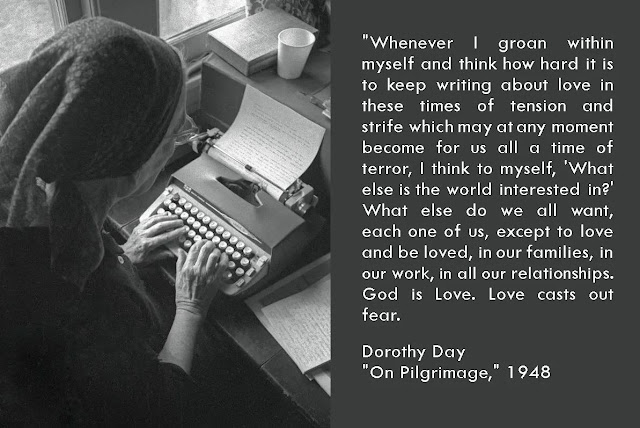I want answers. I like neat, organized information. Cause and effect. Reason and meaning. There is this internal urge to find this answer that makes everything fit into proper boxes and then every encounter in life will make sense, have its solution ready to pull from its assigned drawer.
Life is not neat and tidy. Humanity has struggled with that
fact for ages. We blame Persephone or Eve. We tell of heroes fighting off
monsters of chaos (these battles are called chaoskampf in German). We offer
rituals and programs, promising a solution that will bring order. Because we
want order and we believe that order will ultimately defeat chaos.
But why? Why do we so long for an answer, an order, that does not seem to successfully appear? If we are creatures of a chaotic world, why are we not creatures comfortable with chaos?






